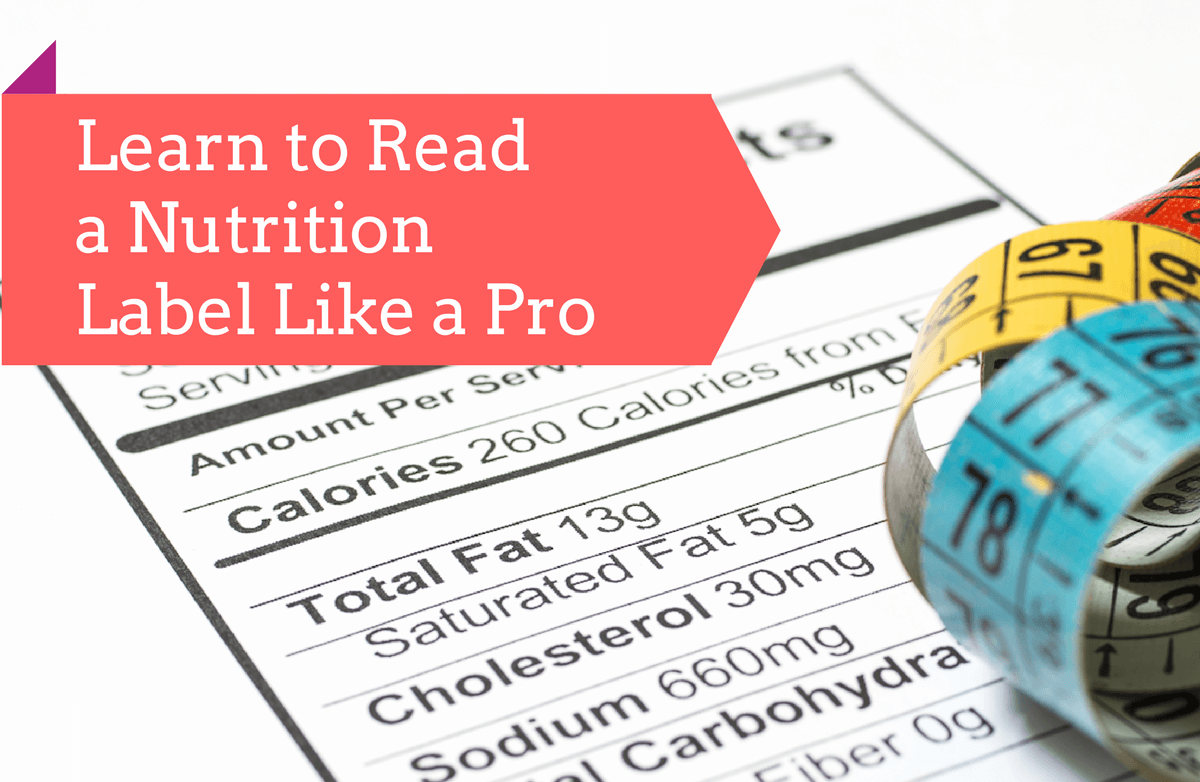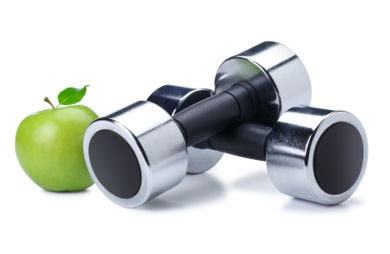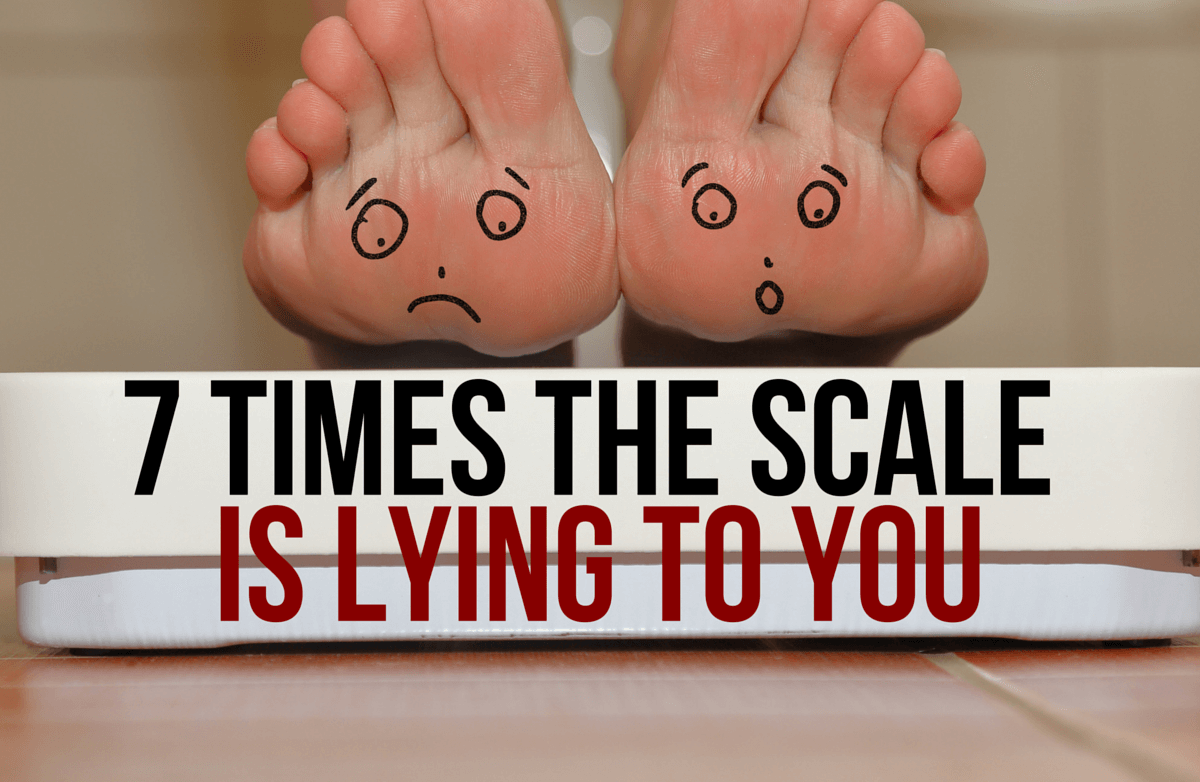|
I'll admit that I'm not a fan of grocery shopping. One of my biggest pet peeves is going back to the store multiple times a week for more milk, fruit, or because I forgot an ingredient for tonight's dinner recipe. So I make a list once a week before I go, planning out the week's meals, and I even organize it by row so that I can get through the store as quickly as possible. Because I buy a week's worth of foods at one time, if I haven't planned well, by the end of the week sometimes some of the fruits and vegetables are starting to look a little moldy or wilted. I do my best to avoid that as much as possible because I can't stand to waste food. But there are times when half of a carton of strawberries got buried in the back of the refrigerator and by the time I found them, it was too late. Or I bought some salad that seemed fine when I put it in the cart, but by the time I got it home it was already looking like it wouldn't last more than a couple of days. Overall, I think because I'm such a planner and like to keep things neat and organized, I don't waste much. But any amount of food thrown away is too much, in my opinion. So I know I could do better. If you feel like you could do better at keeping produce fresh, here's an article that will help. My mom would freely admit that she's not a very organized person. If you take a peek in her refrigerator, you could find any number of things growing in there. She doesn't waste food on purpose, but it does happen just based on her nature and how often she cleans out her fridge. According to research, 40% of the food produced in the United States isn't consumed, and we waste 50% more food today than we did in 1974. Statistics like that make me sick to my stomach. Wasting food isn't just bad for your wallet, it's bad for the environment too. The fossil fuels that go into growing food and eventually getting it to the table is significant. "A recent study estimated conservatively that 2% of all U.S. energy consumption went to producing food that was never eaten." What can you do to reduce the amount of food wasted in your home? Plan your meals ahead and be smart about what you purchase at the store. Also consider composting any leftovers (except for meats) since that decreases on the amount of food thrown into landfills. My family composts and it's really easy- we just have a plastic bin in our yard where the waste goes. Here's A Beginner's Guide to Composting to get you started. What tips do you have to reduce food waste? Has it ever been an issue in your home? |
Popular EntriesMore From SparkPeople
|




.jpg)










